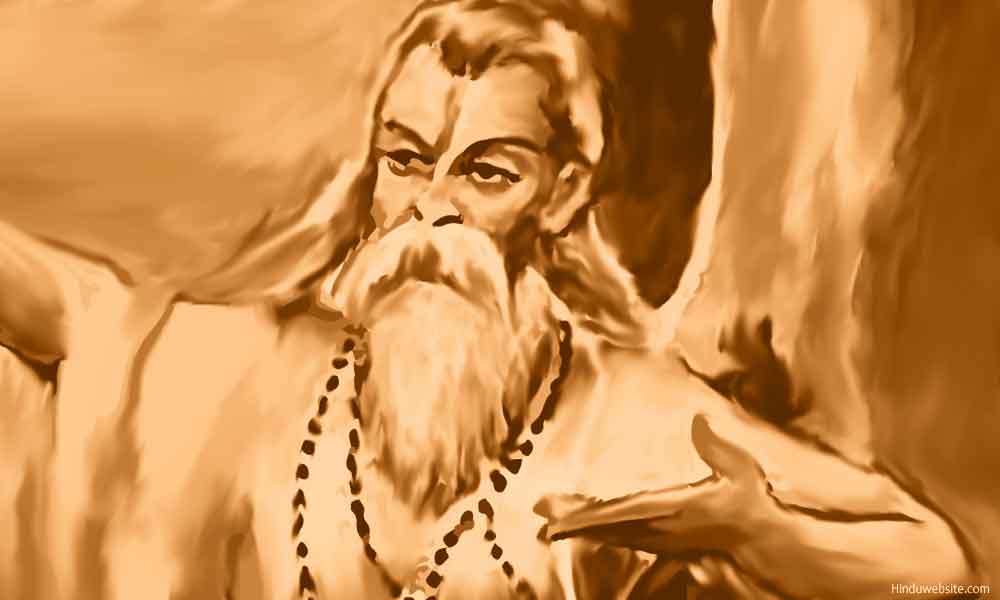
Upanishads and Their Philosophy - Links

Introduction
The Upanishads constitute the end part of the Vedas. So they are also typically referred as Vedanta or the end of the Vedas. The aim of the Vedas is liberation. The ideas is that when you spend your entire life in the study of the Vedas and practice of the rituals, you will slowly gain transcendental knowledge of your Self and the Universal Self. Your knowledge and consciousness expands and you will come to know the truth about yourself and your existence.
When you finally arrive at the truth contained in the Upanishads through your personal experience, there is nothing else to learn. You become free for ever and shine in your own light. The Upanishads are found as the concluding parts of the four Vedas and were passed on to several sages at various times in the history of ancient India. There is also no certainty as to the actual number of the available Upanishads. Some of the Upanishads were composed as late as the medieval period, while some were composed probably a thousand or more years before the Buddha.
The Upanishads contain loosely held truths about various things just as our minds act in a rambling way during meditative contemplation, touching upon various subjects with no particular method. Some of the verses are couched in symbolic language and to understand them and their spiritual significance we need the guidance of an adept guru. The purpose of the Upanishads is to ennoble us and elevate us to a higher level of thinking and consciousness.
Any one who reads them with sincerity and concentration would admit that they do succeed in fulfilling these objectives. They deal with various aspects of Brahman, the universal soul, the nature of reality, atman or the individual soul, its bondage and liberation, how the body, the mind and the sense came into existence during creation and how they perpetuate the illusion of duality in our consciousness and limit our knowledge and wisdom. The following are some of the links we have gathered from the internet on the significance and philosophy of the Upanishads. We hope you will find them useful.
Jayaram V
Link Resources
Suggestions for Further Reading
- Introduction to the Upanishads of Hinduism
- Upanishads, brief introduction
- The Vajrasuchika Upanishad
- Essays on The Upanishads
- The Upanishads translated by Max Muller
- Minor Upanishads
- Brahman, The Highest God Of Hinduism
- Mahavakya, Pragnanam Brahma, Brahman is Knowledge
- The Concept of Brahman As Priest and As Supreme Self
- Brahman according to Advaita and Dvaita schools of thought
- The Samkhya Philosophy and 24 Principles of Creation
- The Bhagavadgita On The Problem Of Sorrow
- The Concept of Atman or Eternal Soul in Hinduism
- The Practice of Atma Yoga Or The Yoga Of Self
- The Problem of Maya Or Illusion and How To Deal With It
- Belief In Atman, The Eternal Soul Or The Inner Self
- The Bhagavad Gita Original Translations
- The Bhagavadgita, Philosophy and Concepts
- Bhakti yoga or the Yoga of Devotion
- Hinduism And The Evolution of Life And Consciousness
- Why to Study the Bhagavadgita Parts 1 to 4
- The Triple Gunas, Sattva, Rajas and Tamas
- The Practice of Tantra and Tantric Ritual in Hinduism and Buddhism
- The Tradition Of Gurus and Gurukulas in Hinduism
- Origin, Definition and Introduction to Hinduism
- Hinduism, Way of Life, Beliefs and Practices
- A Summary of the Bhagavadgita
- Avatar, the Reincarnation of God Upon Earth
- The Bhagavadgita on Karma, the Law of Actions
- The Mandukya Upanishad
- The Bhagavadgita On The Mind And Its Control
- Symbolic Significance of Numbers in Hinduism
- The Belief of Reincarnation of Soul in Hinduism
- The True Meaning Of Renunciation According To Hinduism
- The Symbolic Significance of Puja Or Worship In Hinduism
- Introduction to the Upanishads of Hinduism
- Origin, Principles, Practice and Types of Yoga
- Hinduism and the Belief in one God
- Essays On Dharma
- Esoteric Mystic Hinduism
- Introduction to Hinduism
- Hindu Way of Life
- Essays On Karma
- Hindu Rites and Rituals
- The Origin of The Sanskrit Language
- Symbolism in Hinduism
- Essays on The Upanishads
- Concepts of Hinduism
- Essays on Atman
- Hindu Festivals
- Spiritual Practice
- Right Living
- Yoga of Sorrow
- Happiness
- Mental Health
- Concepts of Buddhism
- General Essays
Disclaimer: Since these are third-party links, Hinduwebsite.com does not have any control over them and cannot guarantee their accuracy or their authenticity. These links are being provided as a convenience and for informational purposes only; they do not constitute an endorsement or an approval by Hinduwebsite.com of any of the products, services or opinions of the corporation or organization or individual. Hinduwebsite.com bears no responsibility for the accuracy, legality or content of the external site or for that of subsequent links. Contact the external site for answers to questions regarding its content.